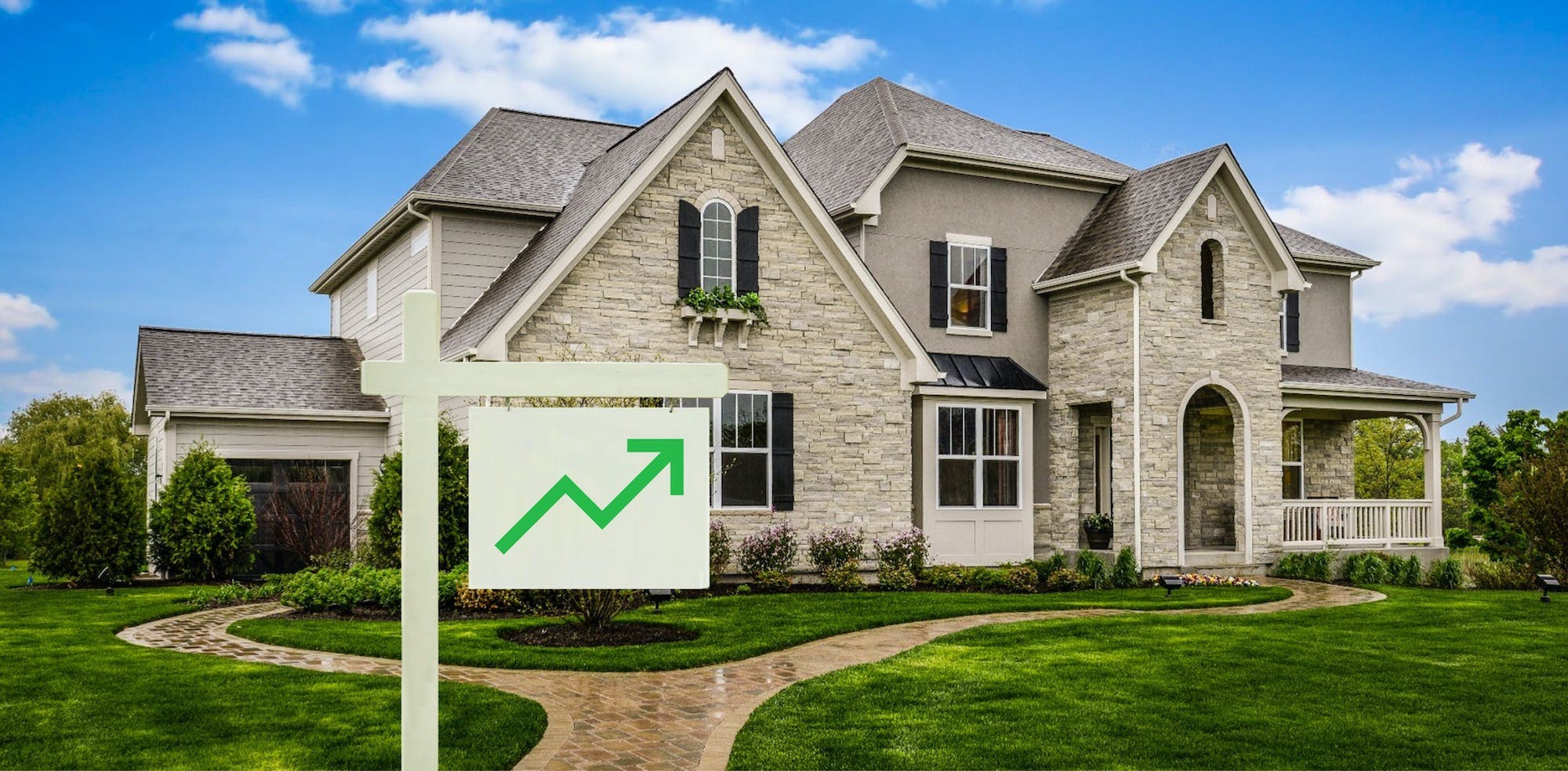Belong
How to Have A Loving, Long-Term Live-In Relationship With a House
Last Updated Feb 1, 2021


As I write about our deep connection to the places we live – something that is at the heart of Belong – I want to introduce you to a little book I love called the “Poetics of Space.”
It was written back in the 1950s by a Frenchman named Gaston Bachelard, and it’s a work of philosophy and reflection based on our relationship to our dwelling places.
It would be a wonderful housewarming gift for every Belong homeowner to leave on the kitchen table for a new resident.
Bachelard turns over and over in his mind the singular importance of the home, and he comes down to this profound formulation:
“If I were asked to name the chief benefit of the house, I should say: the house shelters day-dreaming, the house protect the dreamer, the house allows one to dream in peace.”
Anyone who has lived in a house for even a little while knows what that relationship, that overwhelming security of being at home when you step inside, feels like.
I see it is not dissimilar from the relationship we have with someone we love in a physical sense. Trust in a person give us the same confidence, the same emotional surrender, to “dream in peace.”
Why is it important to have a loving, long-relationship with something that is brick or stone or timber - and fundamentally inanimate? Because in a threatening and scary world, we need to be in love with the roof over our heads, and everything below it. We need a place where we can de-stress and be ourselves with a warm and welcoming glow around us.
With that goal in mind, is here is set of frameworks for house-love that I derived from what we know about successful interpersonal relationships.
Let’s start with the idea of anticipating needs, which is a way of demonstrating love. We all know how important that is with a significant other – or even a friend; it fills us with joy to be recognized, and we feel really crappy when we are ignored. The same is true for a home. Don’t wait for problems to start, get ahead of them with some healthy preventative maintenance. You don’t want your home to experience months of neglect when the coldest day of the day rolls around. And the very act of anticipating will build positive emotional connections.
Psychologists also tell us that spending time apart is important for a thriving relationship. Yes, there is truth in that ancient wisdom that absence makes the heart grow fonder; when your significant other walks through the door after a while, the dopamine sparks fly.
It’s no different, when we arrive home after a vacation, even a short one. The familiar feels newly fresh and we appreciate it more. But there’s no reason to limit that experience to a vacation. Try a brain hack and consciously look at house afresh, as if you are seeing it for the first time.
It’s actually a useful exercise in general; breaking out of our conventional observational patterns can spark creativity and imagination.
Experts also advise that a secret of a long-term successful connection is to try new things together. A study from the Journal of Personal and Social Psychology found that couples who participated in “novel and exciting” activities reported greater relationship satisfaction.
It’s intuitive that breaking routines creates new opportunities for appreciating your “better half.” And the snap from “better half” to “better house” is also an intuitive one. So to create an even more loving relationship with your house, just dive in and change things.
That could mean re-arranging your furniture to create some new drama, or paint or wall a surprising color, or – now that the in-person gatherings are on the list again – invite some people over who’ve never met, with your house as the backdrop for provocative conversation. Showing people around the house will deepen your connection.
Relationship gurus also consistently remind us to stay positive. It’s obvious but not always easy to live up to, because in many ways our brains are wired for negativity, especially when there are triggers. And houses have lots of trigger; after all, things large and small are always going wrong - it’s the natural course of events.
If we react to them by saying to ourselves “This place is falling apart” or “I never should have rented it” – you’ll start a cycle that is hard to extract yourself from. Instead, you need to re-pattern yourself, stay positive, and see these temporary annoyances as way to improve your house and your relationship with it.
Focus on all the joy your house brings you; as Darby Saxe. Ph.D. noted in Psychology Today, “…maintaining a favorable balance of positive to negative emotions helps people – and relationships – thrive.”
Lastly is what might be the most toxic emotion of all. Couples experts continually warn us against “letting jealousy in.” The same is true for its toxic cousin, envy. Don’t be riding up and down the block, coveting other houses and wishes you lived there. That’s a self-sabotaging act, in any kind of relationship.
The other side of that – gratitude – is enormously uplifting and key to a life of happiness. There’s an entire branch of psychology focused on how gratitude reduces stress, increase optimism and actually rewires your brain.
In other words, improving your relationship with your house can improve your entire life.
That’s not what you expected when you started reading this, but I hope that’s what you get out of it.
About The Author
Adam Hanft
Editor in Chief
Adam is a futurist - co-author of "Dictionary of the Future" - brand strategist, public-company board member, former comedy-writer (but he hasn't stopped being vaguely amusing), and an investor in Belong.




